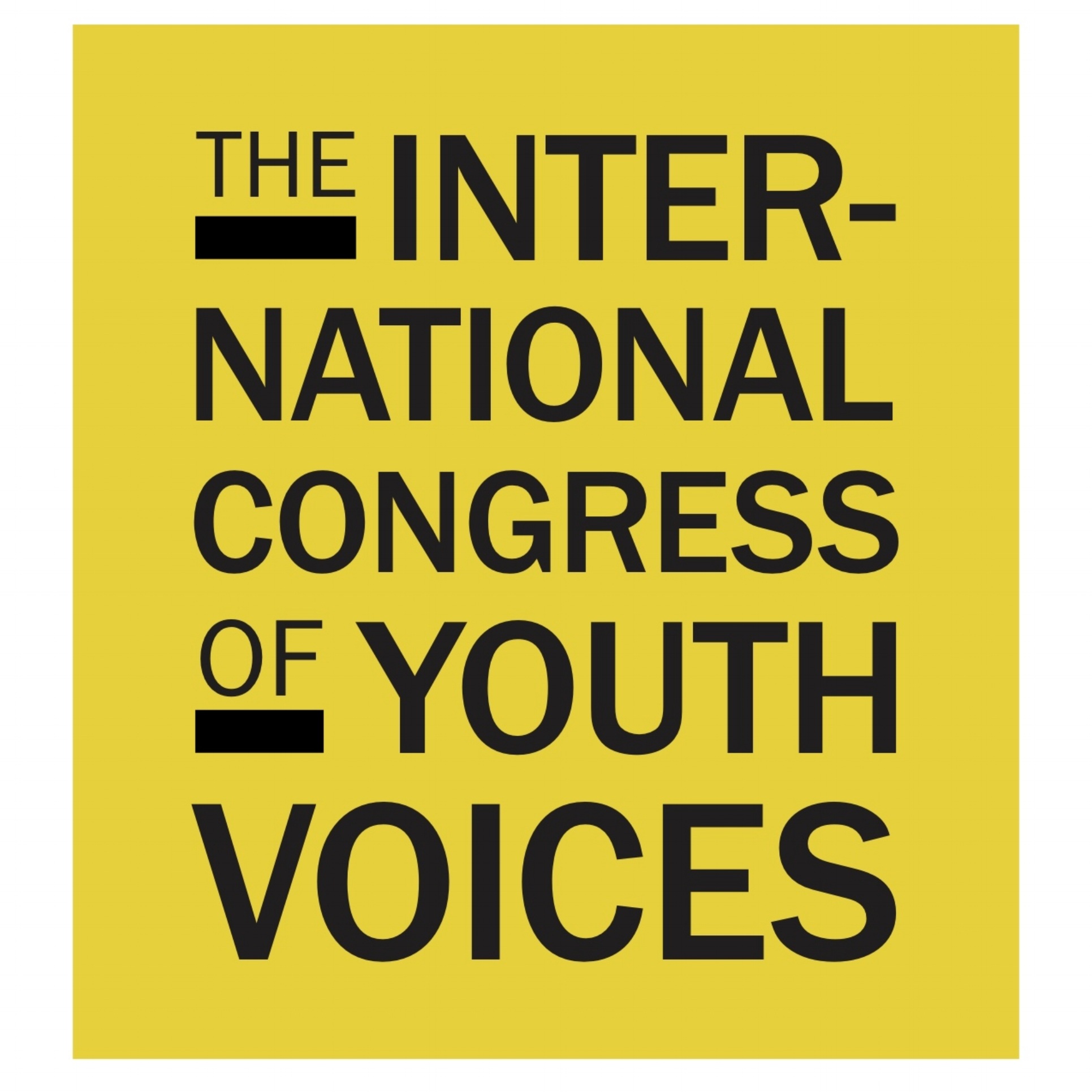AKILAH TONEY, 16
Akilah Toney is a published writer, artivist, dancer, actress, and photographer living in New Orleans, Louisiana. Toney uses the arts as a means to express her personal experiences as a young Black Girl living in Southeast Louisiana. Toney explores different mediums such as dance and the meter/ rhyme in poems to amplify her voice. She uses her artmaking as a method of activism to bring awareness to social issues. Through her writing and dancing, Toney tells stories about race relations in America, marginalized communities, gentrification and internalized racism in Black girls. She attributes her courage and inspiration to Audre Lorde, Toni and Mwende Katwiwa, whose unapologetic discussion of their Black womanhood and utilization of their writing as a catalyst for important social issues have encouraged Toney to use and amplify her own voice in her own community.
Toney also uses her writing to raise awareness of the rapid gentrification of New Orleans, especially the displacement of many locals who cultivated the culture of the city. She sees changes happening to New Orleans every day, and is appalled at the prioritization of affluence in her city. Toney says that gentrification is so rapid that many locals do not feel welcomed in their own city and that the movement is targeted towards low income families and families of color, two prominent demographics in New Orleans. She often asks herself: Where will these families go? What will happen to the culture of Black New Orleans? How will economic disparity change the landscape of New Orleans?
Toney plans to attend college and will major in psychology and African studies. She is also excited to study many other things after graduating from high school, like Louisiana wetland preservation, racial anthropology and writing. Toney has been honored as the 2016 Pizza Poetry Laureate of New Orleans, the 2018 Grand Slam Poetry Champion of New Orleans, a recipient of the 2017 and 2018 National Scholastic Gold Key Award, a 2018 American Voices Nominee, a 2018 National Student Poets semi-finalist, the 2018 Umbra Award, and the 2019 Regional Scholastic Art and Writing Gold Key and Silver Key Award.
Diary of a Teenage Black Girl: Keep Still and Listen
by Akilah Toney
When I was around eleven or twelve years old my mama used to wear a curly mohawk-like quick weave wig with cornrows on the side. My mama had permed hair just like I did, but when she was undoing her quick weave, a big section of her hair had reverted back to its curly state. So my mama sat in the kitchen with her hair half perm and half natural while my dad analyzed it. He cut and shaved my mama's permed ends, leaving her with a puffy black Afro. My mother went from permed to natural, and I wanted to do the same. From being influenced by Youtube and Instagram videos and my mama’s big afro, I announced to my parents that I no longer wanted my hair to be permed. For the most part, when I saw women like my mama and people on social media embracing their afros, it inspired me to go back to being natural. I had permed hair for more than seven years and I was ready for a change.
I remember the moment when I told my parents I wanted to go natural. My mama was getting dressed for the day in her room while my father was in the living room with the TV blasting some action show. I remember bouncing on my parents’ bed begging my mama to let me go natural.
“Girl, you’re not going to take care of it,” my mama exclaimed over and over.
“Ma, yes I am. It’s not that hard. You just pick your hair out and slap a headband on it,” I told her. Boy was I lying to myself back then.
My father jumped in our conservation and whispered to mama, “Marilyn, let ‘em go natural, they gon’ see. And if they don’t take care of it, they could just go right back.”
At the end of seventh grade I never touched a perm ever again. My limpy hair turned into a voluminous 4c afro. It took me about a year or two to fully revert my hair to its natural state. Those years were full of split ends, cramped fingers, dry hair, and tears - lots of tears. Sometimes my puffy new growth didn’t blend in with my permed hair and I struggled to do different hairstyles. My hair would knot up easily and make popping sounds whenever I tried to detangle. My edges, my poor edges, would weep every time I got my hair braided or combed! My hair would literally fight me because certain styles wouldn’t fit me anymore. I had to say goodbye to ponytails and hello to cottontails. Nonetheless, my hair felt healthier and so did I. It became so versatile! After binge watching natural hair tutorials on YouTube, I started trying out different styles on my hair. Going back to natural made realize how far I had come into recognizing my own beauty. I didn’t have force my hair to be something it didn’t want to be anymore.
Internalized racism and self-hate aren’t traits people are born with, they are learned. I had to unlearn hundreds of years of conditioned self-hate and I still struggle with it today. I had to become my own Black princess. I had to be the representation I wanted see, because all love starts at home, in our bodies and minds. By me acquiring this type of self-knowledge, I’m able to talk to other Black girls about it. As someone who has unlearned conditions of self-hate, I feel the need to let other Black girls know they are beautiful too. From my baby cousins to the students I teach, I have to let them know that their history is rich, and the skin and hair they have are too.

